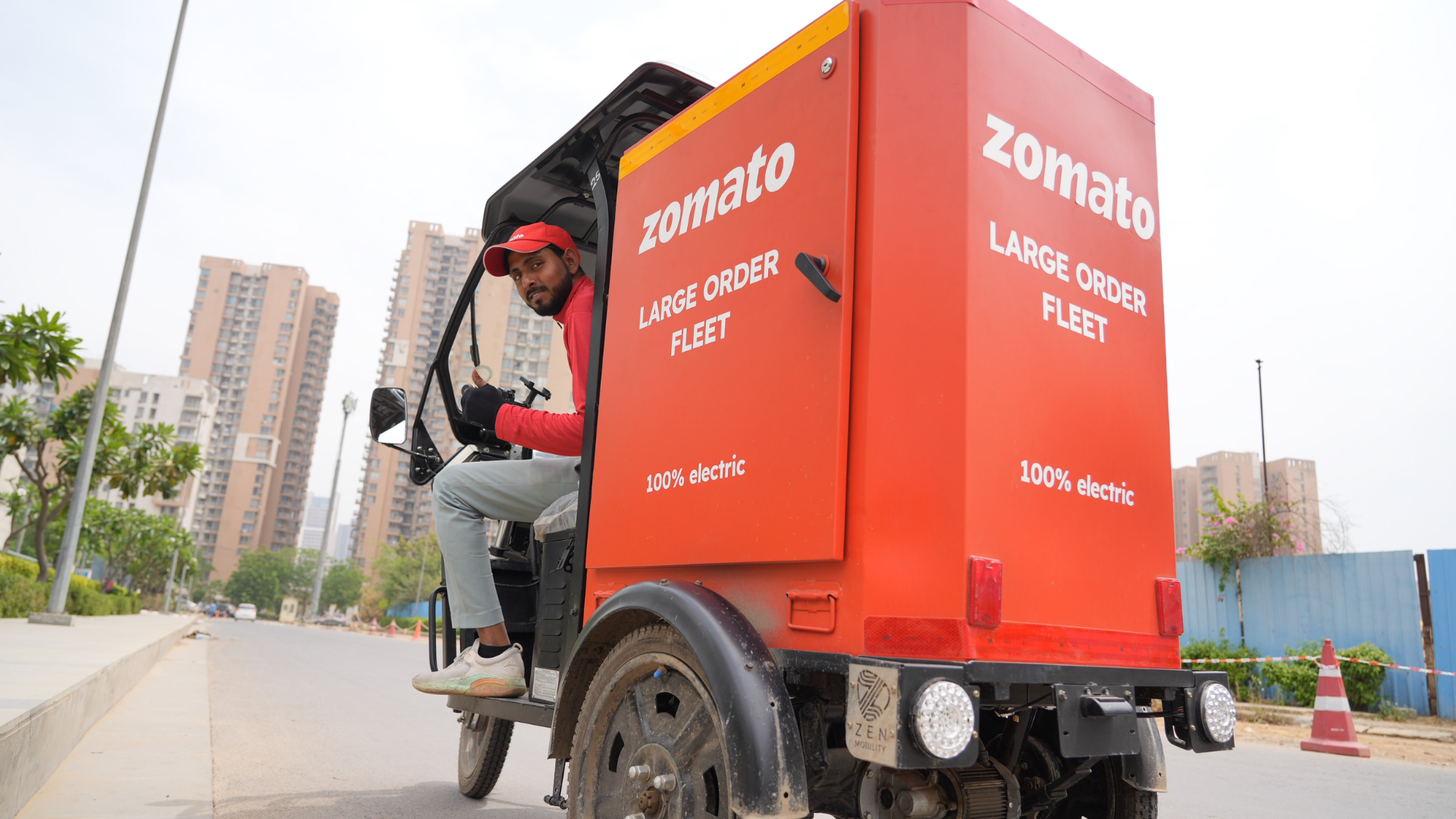










In a pivotal year for Latin American soy production, Argentina and Brazil are set to drive significant growth in soybean crushing volumes in 2024. This surge, propelled by Argentina’s crop recovery and Brazil’s higher biodiesel mandate, is poised to reshape global soybean dynamics, as per S&P Global.
India, a major consumer of vegetable oils, is attentively eyeing the developments as it anticipates increased soybean oil supply amid shifting global trade patterns. Argentina, recovering from a historic drought that severely impacted soy production in 2023, is poised for a remarkable turnaround in the marketing year 2023-24 (April-March).
S&P Global Commodity Insights estimates a soybean harvest of 50.50 million mt, more than doubling the output of the previous season. The El Nino phenomenon has played a crucial role, in correcting soil moisture deficiencies and setting the stage for a promising planting season. Despite the positive outlook, concerns linger over potential government decisions, including export tax increases for soybean meal and oil.
Analysts express cautious optimism as the new government, led by President Javier Milei, introduces measures to stabilize the industry, including revised forex rates and export tariffs.
Brazil, a key player in global soy production, is gearing up for an increase in its mandatory biodiesel mixture into diesel, climbing from 12 per cent to 14 per cent in March 2024.
The National Council for Energy Policy’s decision, initially scheduled for April, is expected to spur demand for soybean oil, a primary feedstock for biodiesel production.
Brazil’s estimated consumption of 5.74 million mt of soybean oil for biodiesel purposes in the marketing year 2023-24 reflects a substantial 24.6 per cent increase from the previous year.
The biodiesel mandate’s impact on domestic soybean oil flow is significant, with over 70 per cent of feedstocks used by the Brazilian biodiesel industry sourced from this edible oil.
While Brazil faces challenges such as decreased rainfall affecting soybean production predictions, the country is anticipated to maintain its position as a major contributor to the global soy market. As global soy dynamics shift, India is strategically positioning itself to benefit from potential increased soybean oil supply.
The country experienced a surge in palm oil and sunflower oil imports in 2022-23, driven by a rebound in consumption and attractive prices compared to rival soybean oil. Indian refiners, initially aggressive in purchasing soybean oil, adjusted their imports in response to higher stocks and competitive sunflower oil prices.
Tushar Agarwal, a senior vegetable oil analyst based in New Delhi, highlights India’s expectations for increased sales, especially post-April 2024. He notes that Brazil’s lower supply due to heightened biofuel demand may drive demand surges in the first quarter of 2024.
China’s decision to replace soybean meal feed with alternative ingredients adds complexity to raw bean crush dynamics, potentially increasing demand for soybean oil derivatives in the Indian market. As India navigates the evolving global soy landscape, the nation’s vegetable oil trade dynamics are poised for adjustments.
The anticipation of increased soybean oil supply aligns with India’s efforts to secure stable and diversified sources for its growing demand, marking a strategic response to the changing tides of the global soy market.










